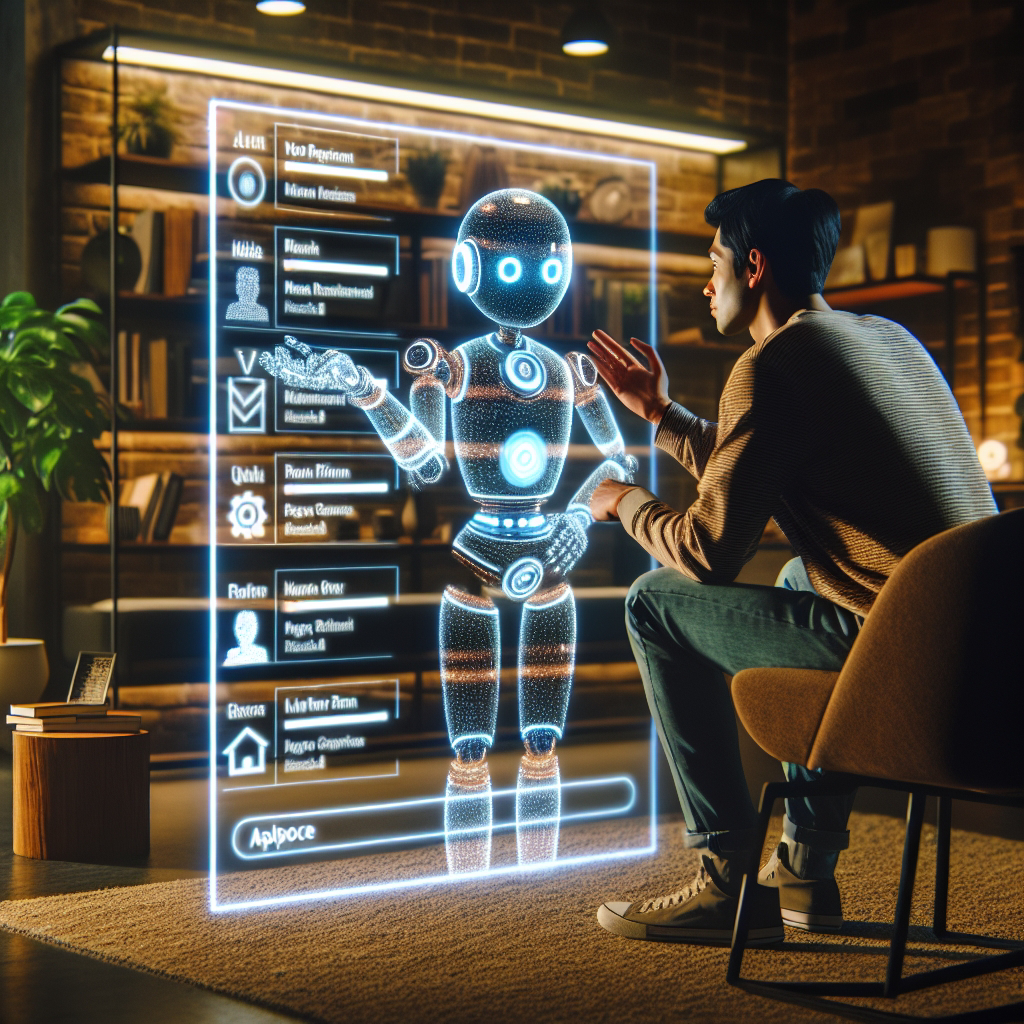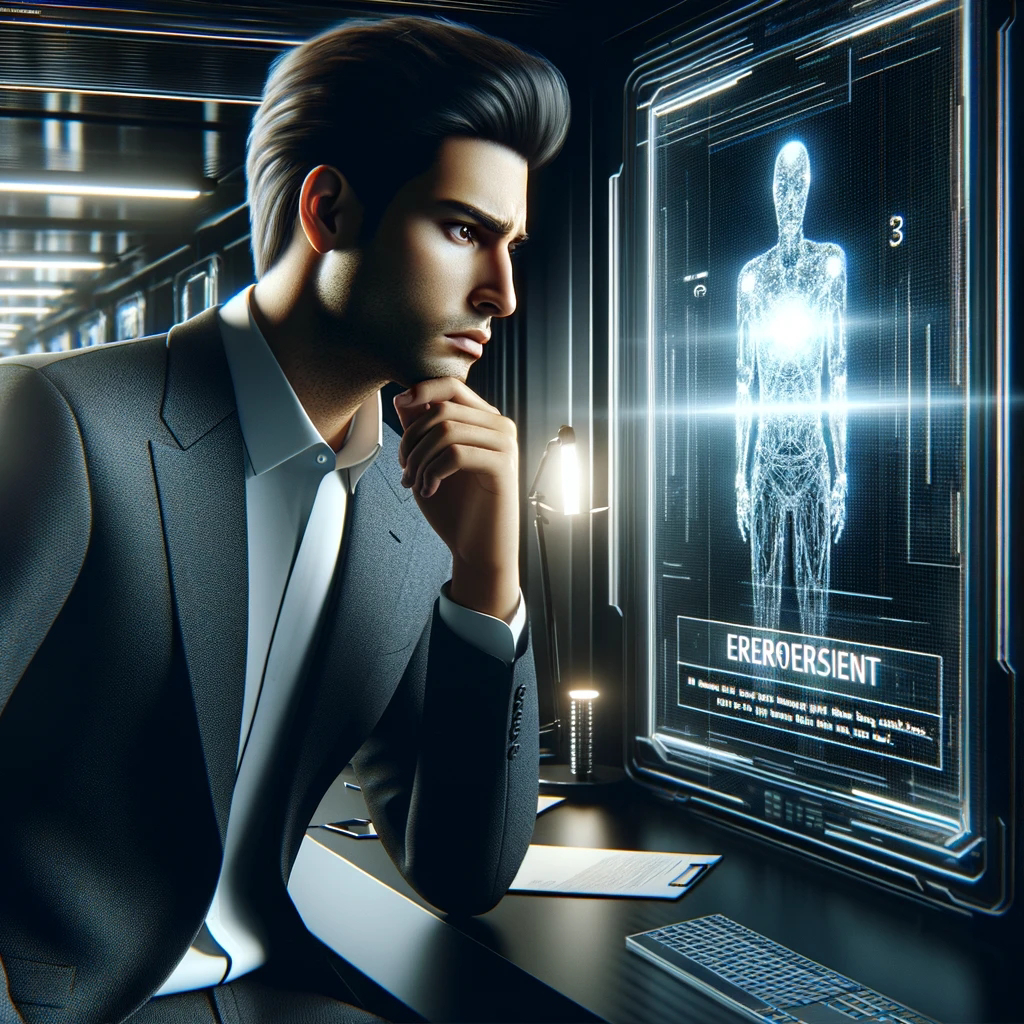A Glimpse into Tomorrow's World and Workplace
Artificial intelligence is poised to profoundly reshape our world, automating complex tasks, creating new possibilities, and fundamentally altering the job market. From healthcare and transportation to entertainment and scientific discovery, AI's influence will be felt across nearly every facet of human endeavor. While concerns about job displacement are valid, the future of AI also promises the creation of new roles and the enhancement of human capabilities.
Transforming Industries: A Sector-by-Sector Look
Healthcare: The medical field is set to be revolutionized by AI. Expect to see AI-powered systems that can diagnose diseases earlier and with greater accuracy than ever before. AI will also play a crucial role in drug discovery and development, significantly speeding up the process of finding new cures. In hospitals and clinics, AI will automate administrative tasks, freeing up healthcare professionals to focus on patient care. Personalized medicine will become more common, with AI tailoring treatment plans to an individual's unique genetic makeup and lifestyle.
Transportation: The way we move is on the brink of a major transformation. Self-driving cars and trucks will become a common sight, promising safer and more efficient travel. AI will also optimize traffic flow in real-time, reducing congestion in our cities. In the logistics sector, AI will manage and track shipments, ensuring goods are delivered faster and more cost-effectively. Public transportation will also benefit, with AI-powered systems for predictive maintenance and optimized scheduling.
Entertainment and Media: Get ready for a more personalized and immersive entertainment experience. AI algorithms will curate content tailored to your specific tastes, from movies and music to news articles and video games. In the realm of content creation, AI will assist in everything from writing scripts and composing music to generating realistic special effects. The rise of virtual and augmented reality will be accelerated by AI, creating new forms of interactive entertainment.
Science and Research: AI is set to become an indispensable tool for scientific discovery. Researchers will use AI to analyze vast datasets, identify patterns that would be impossible for humans to detect, and generate new hypotheses. This will accelerate breakthroughs in fields ranging from materials science and climate change to astrophysics and biology.
The Evolving Job Market: New Roles and Shifting Skills
The rise of AI will undoubtedly lead to the automation of many tasks currently performed by humans, particularly those that are repetitive and data-driven. However, it is also expected to create a wealth of new job opportunities and place a greater emphasis on uniquely human skills.
Jobs Likely to Emerge or Grow:
* AI Specialists and Developers: The demand for individuals who can design, build, and maintain AI systems will continue to soar.
* Data Scientists and Analysts: As AI generates and relies on massive amounts of data, professionals who can interpret and derive insights from this data will be crucial.
* AI Ethicists and Governance Experts: Ensuring that AI is developed and used responsibly will require experts in ethics, law, and policy.
* Human-AI Interaction Designers: Creating intuitive and effective ways for humans to work alongside AI will be a key area of focus.
* AI Trainers and Labelers: AI systems often require large amounts of labeled data to learn, creating a need for individuals to perform this task.
* Robotics Engineers: As AI-powered robots become more prevalent, engineers who can design, build, and maintain them will be in high demand.
Jobs That May Be Significantly Impacted or Redefined:
* Data Entry and Administrative Roles: Tasks involving repetitive data input and basic administrative support are highly susceptible to automation.
* Customer Service Representatives: Many routine customer inquiries will be handled by AI-powered chatbots and virtual assistants.
* Manufacturing and Assembly Line Workers: Robots and AI-powered systems will increasingly take over repetitive tasks in manufacturing.
* Transportation and Logistics Roles: The advent of autonomous vehicles will impact jobs such as truck drivers and delivery drivers.
* Certain Financial and Legal Professions: AI will be able to automate tasks like data analysis, document review, and legal research.
The key to navigating this evolving landscape will be a focus on lifelong learning and upskilling. Skills such as critical thinking, creativity, emotional intelligence, and complex problem-solving—abilities that are currently difficult to replicate in machines—will become even more valuable. The future of work will likely involve a collaborative relationship between humans and AI, where technology augments and enhances human capabilities rather than simply replacing them.





.jpeg)







